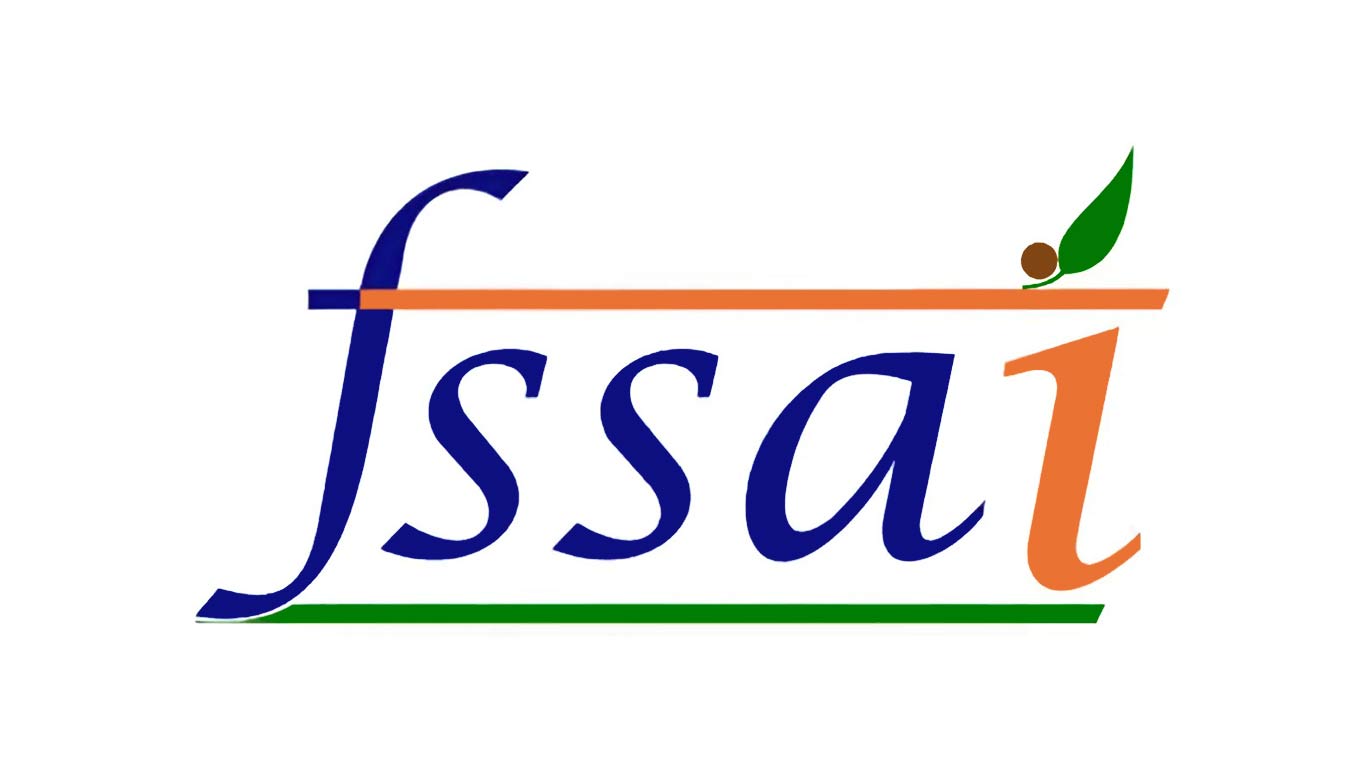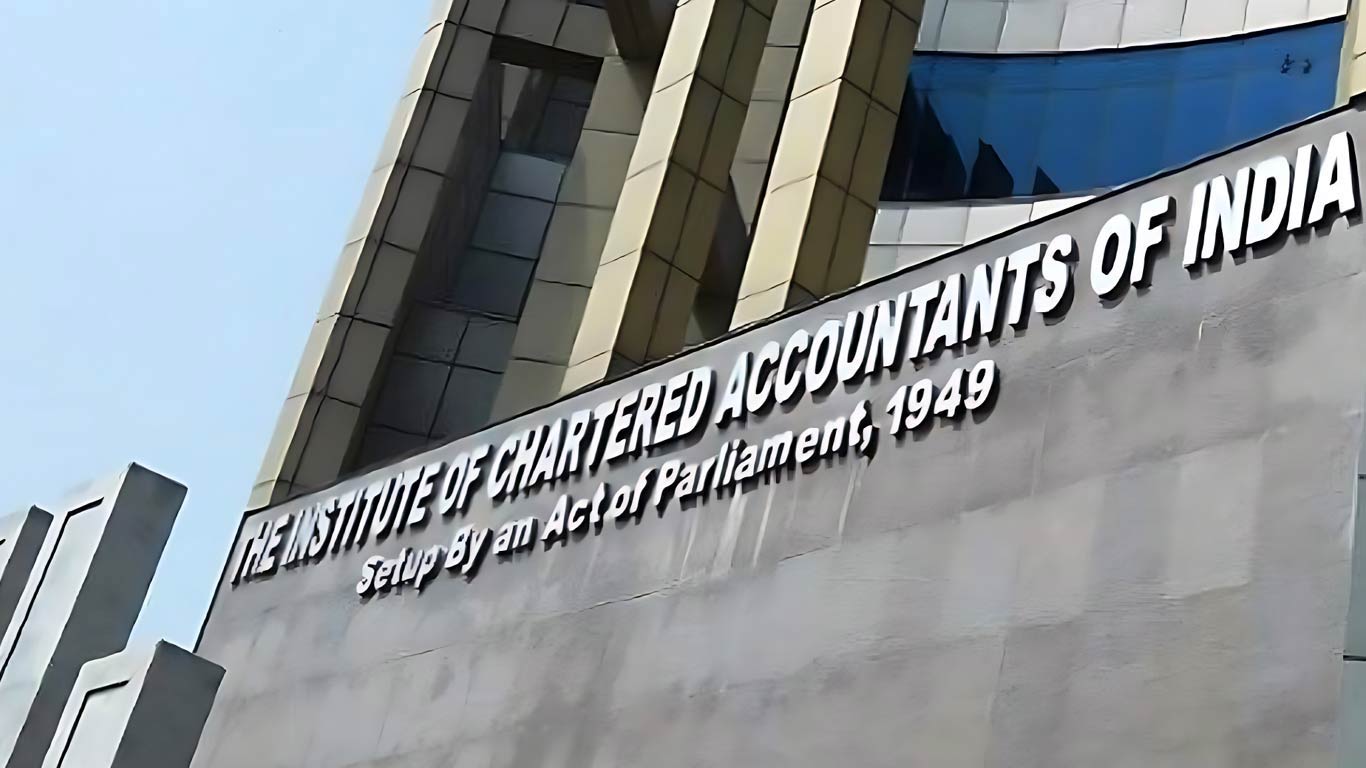India Urges WTO For Cheaper Cross-Border Remittances To Boost Global Trade
Updated: Apr 05, 2024 05:18:11pm

India Urges WTO For Cheaper Cross-Border Remittances To Boost Global Trade
New Delhi, Apr 5 (KNN) India has presented a compelling argument at the World Trade Organisation (WTO) for reducing the expenses associated with cross-border remittances to promote global trade.
During a recent virtual meeting, senior officials from the Reserve Bank of India (RBI) and the National Payments Corporation of India (NPCI) stressed the exorbitant costs involved in cross-border transactions.
New Delhi has presented to the World Trade Organisation (WTO) the idea that enhancing interoperability and inter-linkages among digital payment infrastructures, including fast payment systems, could lead to cheaper, quicker, and more transparent cross-border payments. T
The global average cost of remittance stands at 6.18 per cent, surpassing the sustainable development goal of reducing it to below 3 per cent. India pointed out that approximately 78 per cent of total remittances are directed to low- and middle-income countries, underscoring the need for a collective effort to address the issue.
Reducing transaction costs is crucial for mitigating inequality within countries like India and among nations worldwide.
An official remarked, “Senior RBI and NPCI officials made a presentation to the WTO last week on remittances as this is an important part of balance of payments and a source of income.”
According to the World Bank, India is projected to have received nearly USD 125 billion in remittances in 2023, the highest globally. A decrease in costs would likely stimulate even greater remittance flows.
India's detailed presentation followed discussions on its proposal to lower cross-border remittance costs for promoting international trade at the WTO's 13th ministerial conference in Abu Dhabi last month.
“Our proposal has garnered critical mass support, with only the US and Switzerland expressing opposition. Once unanimous support is achieved, it can evolve into a global agreement,” stated the official.
The Philippines and South Africa have also shown support for this initiative, while Bangladesh, Nepal, and Sri Lanka have backed India's proposal to initiate a work program on the matter.
“There is a critical mass of support on our proposal. Only the US and Switzerland have opposed it. Once everyone is on board, it can be made into a global agreement,” the official said.
(KNN Bureau)











